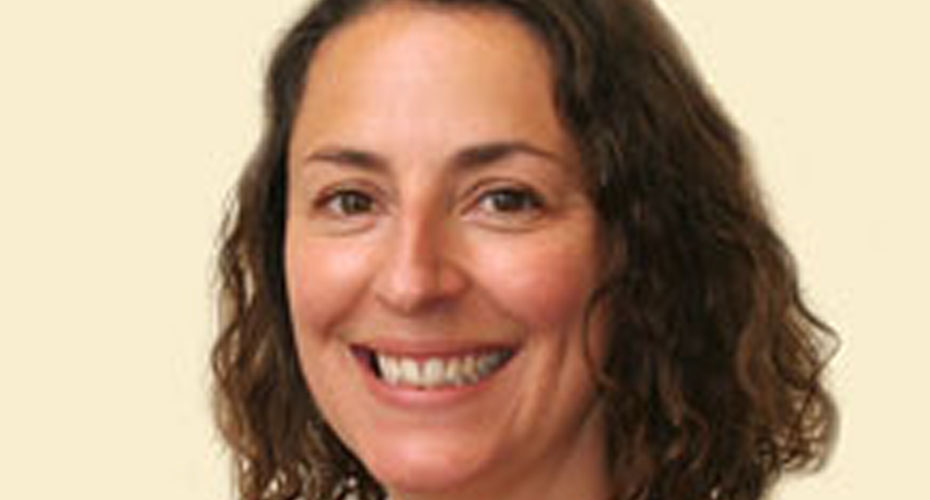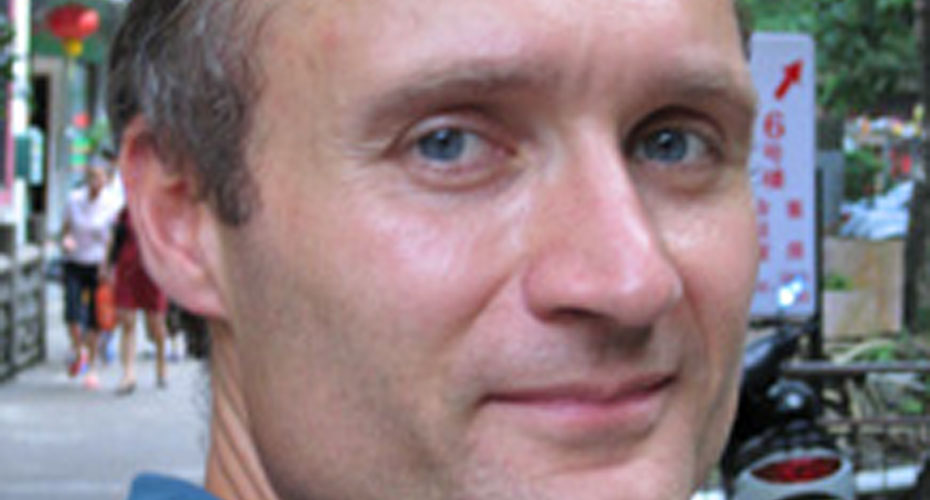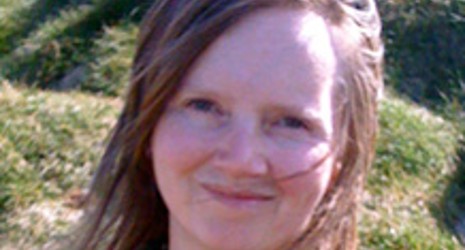2024 Future Food
Future Food
How do we produce delicious, healthy food for everyone and save the planet?
Challenge Overview
Have you noticed how expensive food has become? We’re in the middle of a global food crisis, driven by the combined effects of war, climate extremes and energy costs. In the UK, farmers have been hit by some of the hottest, driest summer in decades, severely impacting crops and livestock. Use of food banks has doubled in the past five years, while rates of obesity and diabetes are soaring. Agriculture has the biggest impact on global ecosystems of any human activity, while poor diet is now the leading cause of early death across the world.
Food is a truly interdisciplinary Grand Challenge, combining social, cultural, economic, political and scientific issues. In some ways the solution is simple. We know where we need to go. Everyone has a right to healthy, sustainable, delicious food which doesn’t harm the environment. We can get there if we switch to a largely plant-based diet. But making this shift will need innovative thinking and strong leadership. Future Food is your opportunity to get to grips with this most important of Grand Challenges. This year, we plan to repeat our successful field trips to a farm and community food project (read more below) after hearing from a panel of external experts who are shaping food policy locally and nationally.
In 2023, we took Future Food out of the classroom and into the Field, to visit a farm or a community-based food project (students chose one of these field trips). We visited Shillingford, the largest local organic fruit and vegetable farm in the region, to engage in hands-on farming activities, and intellectually stimulating walks and talks with the growers. We learnt first-hand about the challenges facing sustainable agriculture and engaged in discussions about food sovereignty, food security, climate justice, gender equality and access to land. We discussed the pros and cons of different diets, and investigated what conventional agriculture could learn from organic and regenerative agriculture practice.
Our other field trip visited St. Sidwell’s Community Centre in Exeter, to learn about (and enjoy) its community café, bakery, cookery school and vegetable garden. We learnt about the role of local food initiatives like this in increasing access to healthy, sustainable food and in educating and inspiring the local community. Students were not required to select a specific enquiry group on this Challenge but could choose to focus on diets and health, the impact of food production, threats to food security or the politics and economics of the food system when developing their own projects.
To prepare for Grand Challenges week, sign up for our fantastic and FREE online course on Future Food.
This course will take you through all the biggest and most important questions in understanding the Food System, what’s wrong with it and how to fix it.
This challenge will run on Streatham Campus.




